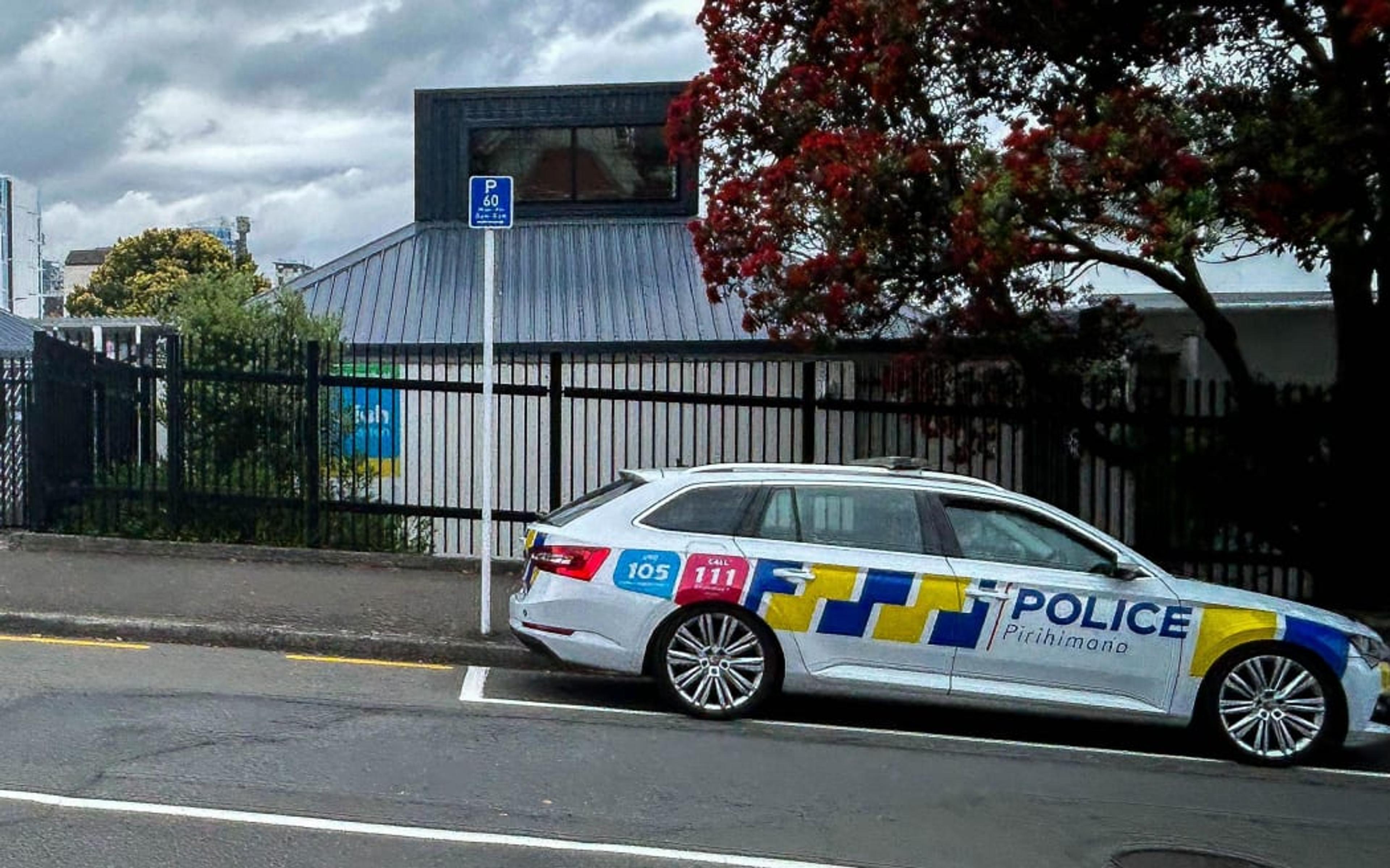

Photo/Martino Pietropoli via Unsplash
OPINION: Stalking crackdown must go further
Khalia Strong looks at how and if we are raising our children in homes that model healthy relationships.




Pacific research marks 25 years of tracking children into adulthood

Tonga’s new PM sparks wide debate amid praise and concern




Pacific research marks 25 years of tracking children into adulthood

Tonga’s new PM sparks wide debate amid praise and concern
The government’s new anti-stalking law aims to protect victims in the digital age through stricter community and police action.
A grand gesture of love to get someone back may be great in romance movies, but should only be tried once. Anything further is a red flag.
Details of the government’s proposed anti-stalking legislation have been announced and will be introduced in Parliament before the end of the year.
The scope for stalking behaviour or harassment includes recording, tracking, following, loitering, or damaging a person’s reputation. The offence will have a maximum jail term of five years if three acts take place within 12 months.
In 2022, AUT law student Farzana Yaqubi was killed by her stalker, despite making multiple complaints to police about concerning behaviour.
As a woman and mum, I believe this new law should serve as a wake-up call.
Moves to criminalise stalking are long overdue but must keep up with the digital age, along with raising resilient people who can cope with breakups.
Are we raising our children in households that model healthy relationships? When does lovestruck awe and devotion turn into predatory and controlling behaviour, and are we calling this out?
Are we raising our children, especially our boys, with conversations around consent and how to deal with heartbreak and being there for them when a relationship breaks down? Our phones can be used to stay in touch or cause great emotional damage. A responsibility that some people use and abuse.
Control is not love. In most cases, it’s not okay to take a photo of someone without their consent, it’s especially not OK to use it against them later. Obsessing over where a person is, how they dress, or who they are talking to is not OK. If a person has blocked you online, contacting them from a different number or showing up unannounced is not OK. Trolling their social media is also not OK. Getting your friends to update you where they are is not OK.
In a world where people’s locations are shared and social media profiles can show highlights of people’s day to day lives, will the threshold for stalking be enough to protect more people, usually women, from harm?
We need to do more than hope this law will change things, we need to call out predatory behaviour and form a protective and emotional support wall around those who are being threatened, and then the police need to come through on their end and do the rest.